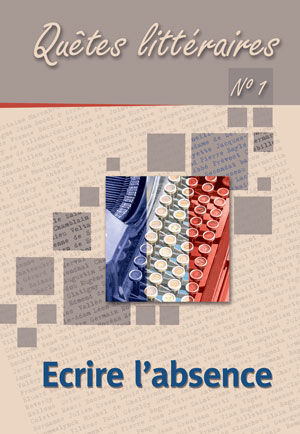La présence et le fonctionnement de l’absence dans le Nouveau Roman
The presence and functions of absence in the nouveau roman
Author(s): Czesław GrzesiakSubject(s): Language and Literature Studies, Literary Texts, Studies of Literature, Comparative Study of Literature, French Literature, Theory of Literature
Published by: Katolicki Uniwersytet Lubelski Jana Pawła II, Instytut Filologii Romańskiej & Wydawnictwo Werset
Keywords: absence; French nouveau roman; traditional novel; represented word; characters; time and space; S. Beckett; M. Butor; M. Duras; R. Pinget; A. Robbe-Grillet; N. Sarraute; C. Simon
Summary/Abstract: The French nouveau roman is characterised by lack of numerous elements typical of the traditional, commonly called Balzacian, novel. This lack involves the rejection of plot, omniscient narrator, psychological, moral and ideological factors, social and political engagement, the decomposition of character, the indeterminacy and gradual implosion of time and space as well as the text generation based on some lack or void. The aim of the article is to present these missing elements of the represented world and to discuss their functions in the works of leading practitioners of the nouveau roman, such as Samuel Beckett (predecessor), Michel Butor, Marguerite Duras, Robert Pinget, Alain Robbe-Grillet, Nathalie Sarraute and Claude Simon.
Journal: Quêtes littéraires
- Issue Year: 2011
- Issue No: 1
- Page Range: 59-72
- Page Count: 14
- Language: French

